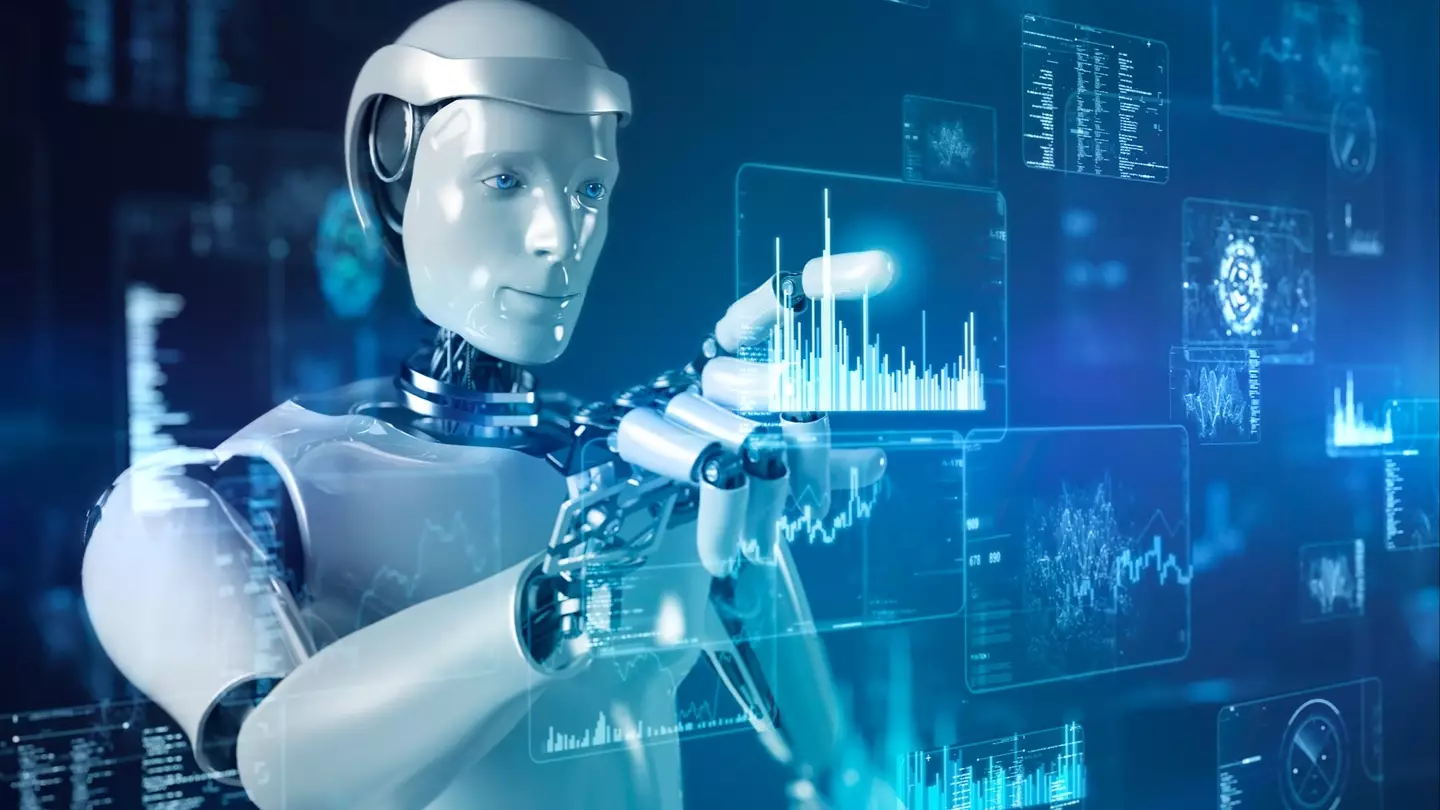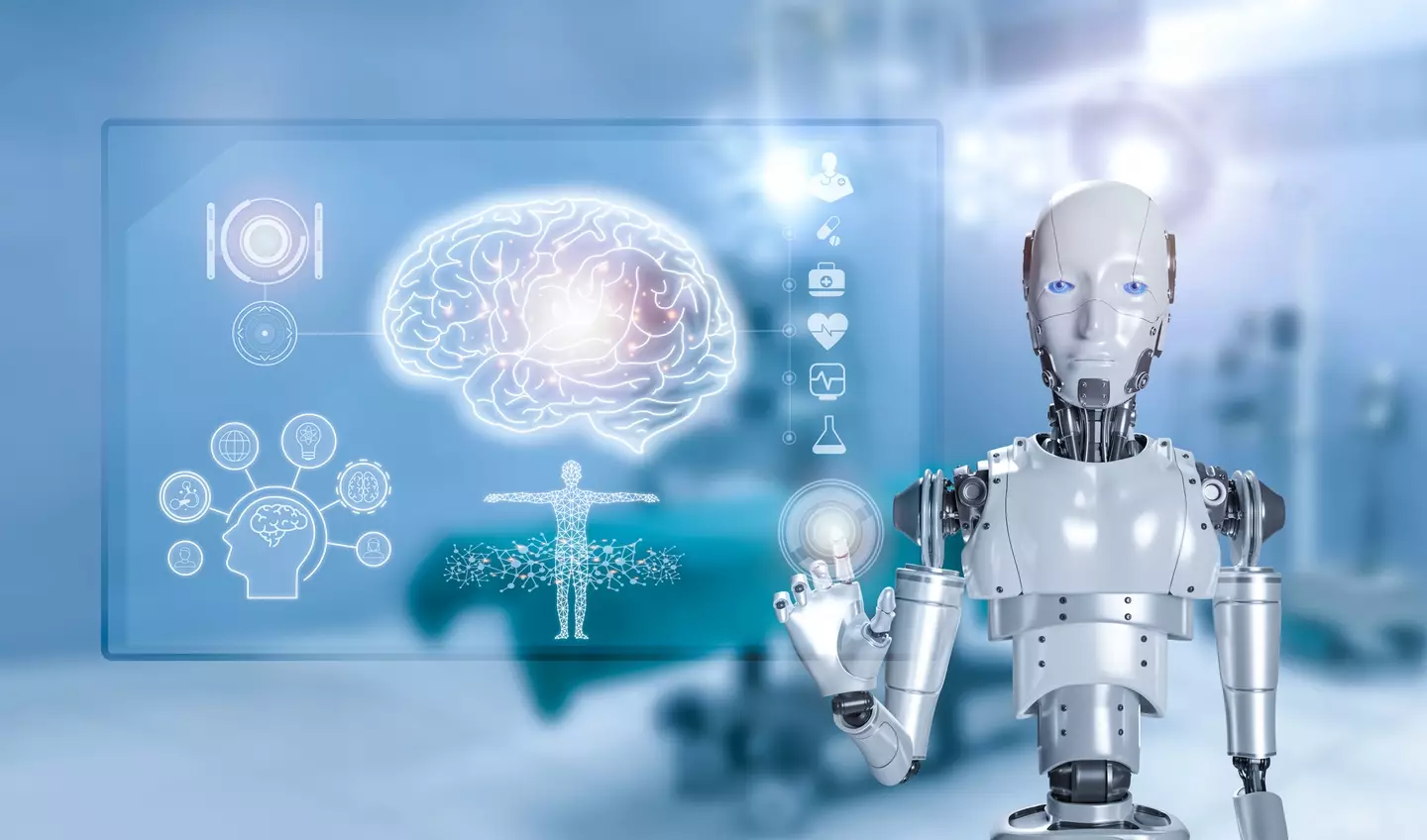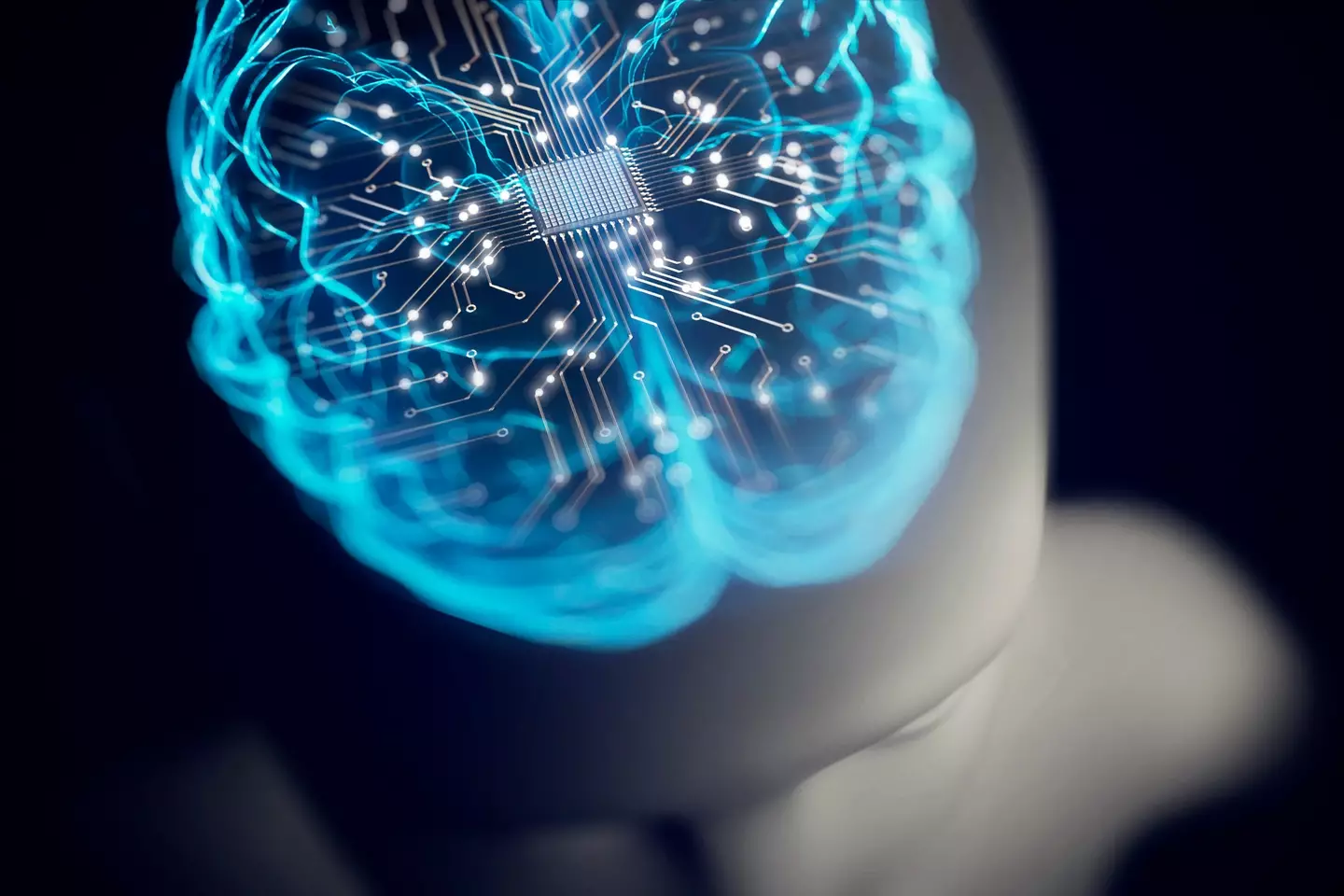
In another promising update on the future of AI, a group of researchers have now suggested that the technology has no idea what it's doing and is a threat to us all.
Given that the 'Godfather of AI' Geoffrey Hinton has already delivered some pretty stark warnings about the future of artificial intelligence, it seems obvious that things are going to go south fairly quickly.
It was only a few years ago that AI was simply a way to make a strange-looking Will Smith eat spaghetti or ask silly questions, but now it's capable of far, far more.
Naturally, with humans still in complete control, there have been several instances of the technology being used for often illegal means, such as creating lewd images of women or even scamming people out of thousands by pretending to be a celebrity.
Advert
There are fears that the AI could eventually take over the human race, which might not be all that hard given that some people are proposing or co-parenting with it, and that could be even more dangerous for us if it truly doesn't know how to control itself.

And that's exactly what a study from Charles Darwin University has suggested, with lead author Dr Maria Randazzo suggesting that it is 'a very significant issue that is only going to get worse without adequate regulation'.
She added: "AI is not intelligent in any human sense at all. It is a triumph in engineering, not in cognitive behaviour.
"It has no clue what it's doing or why - there's no thought process as a human would understand it, just pattern recognition stripped of embodiment, memory, empathy, or wisdom."
One of the key issues, according to Dr Randazzo, is that AI doesn't currently prioritise fundamental human rights and freedoms such as privacy, anti-discrimination, user autonomy, and intellectual property rights, which is evidenced by the recent anti-semitic outbursts by Elon Musk's Grok AI.

Dr Randazzo said: "Globally, if we don't anchor AI development to what makes us human - our capacity to choose, to feel, to reason with care, to empathy and compassion - we risk creating systems that devalue and flatten humanity into data points, rather than improve the human condition," she said.
"Humankind must not be treated as a means to an end."
So, while the rapid growth of AI might seem fun now when you're generating memes or learning what your dog would look like as a human, it's always worth a reminder that we might be the ones being ordered around in the not-too-distant future.
Topics: Artificial Intelligence, Technology, AI
